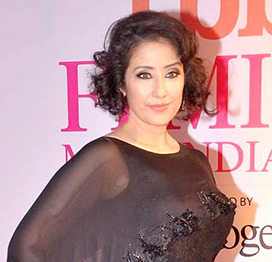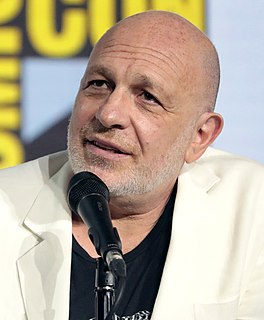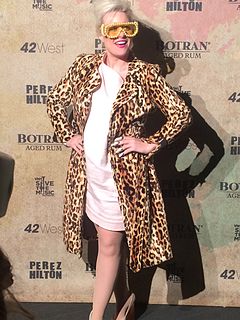A Quote by Manisha Koirala
I knew right from the beginning that if I was going to write a book, I would write my version of the truth and then put it out there for people to decide if they will accept it or hate me.
Related Quotes
Adaptation is always the same process for me, which is some version of throwing the book at the wall and seeing what pages fall out. It is trying to imagine, remember the story, read it, put it down, and then write sort of an outline without the book in front of you with some hope that what you like about it will be filtered and distilled out through your memory and then that will be similar to what other people like about it.
I had a lot of great lakes of ignorance that I was up against, I would write what I knew in almost like islands that were rising up out of the oceans. Then I would take time off and read, sometimes for months, then I would write more of what I knew, and saw what I could see, as much as the story as I could see. And then at a certain point I had to write out what I thought was the plot because it was so hard to keep it all together in my head. And then I started to write in a more linear way.
I wanted to write and then I saw Pierrot and I understand that I could express myself in a more... Also probably, I had an intuition that if I was going to only write, I will stay in one room all the time and never go out. I felt that if I was going to make movies, I would have to communicate with people and it would be good for me.
You have to surrender to your mediocrity, and just write. Because it's hard, really hard, to write even a crappy book. But it's better to write a book that kind of sucks rather than no book at all, as you wait around to magically become Faulkner. No one is going to write your book for you and you can't write anybody's book but your own.
I will write in words of fire. I will write them on your skin. I will write about desire. Write beginnings, write of sin. You’re the book I love the best, your skin only holds my truth, you will be a palimpsest lines of age rewriting youth. You will not burn upon the pyre. Or be buried on the shelf. You’re my letter to desire: And you’ll never read yourself. I will trace each word and comma As the final dusk descends, You’re my tale of dreams and drama, Let us find out how it ends.
I always knew from the beginning that this was the only way to write Then We Came To The End - that it had to be in first - person plural if it was going to illustrate how the individual becomes part of the collective. I had no interest in writing the book in a more conventional voice. It goes back to that fascination I had with telling a story in multiple ways. It was the only choice I gave myself, really - I said "This is it, pal. If you can't tell a story this way, you're going to have to abandon the book. Write it this way or give up."
I think, for me, there's The Book I Should Write and The Book I Wanted to Write - and they weren't the same book. The Book I Should Write should be realistic, since I studied English Lit. It should be cultural. It should reflect where I am today. The Book I Wanted to Write would probably include flying women, magic, and all of that.
Usually I will hear a sample, think of a theme and then it will take me a couple of days to write down some lyrics. Then I will decide that I hate those lyrics and rewrite. Then I will change all the music around. Then I will rewrite all the lyrics again. I am a bit of a perfectionist although you would never know it because all my songs are like chopped up and @#$%& up, but you see that's on purpose.




































